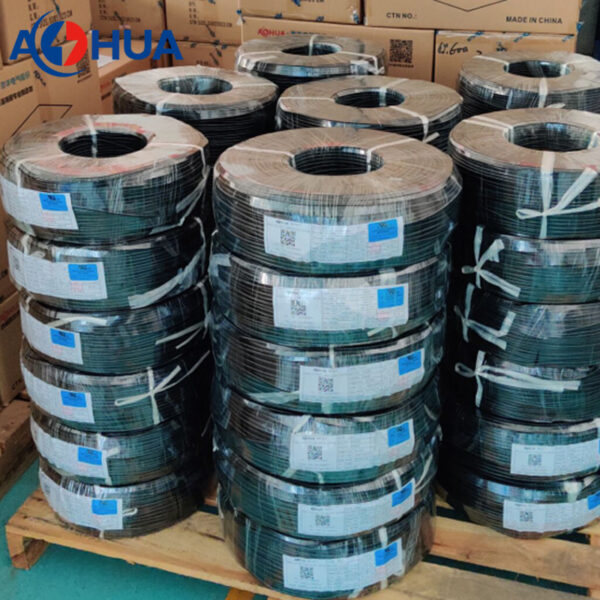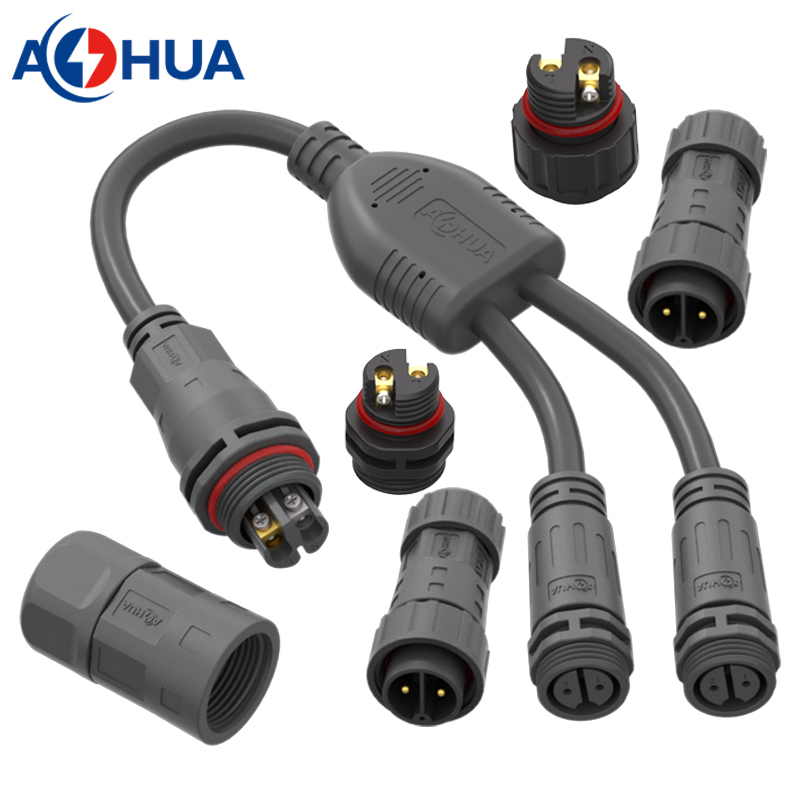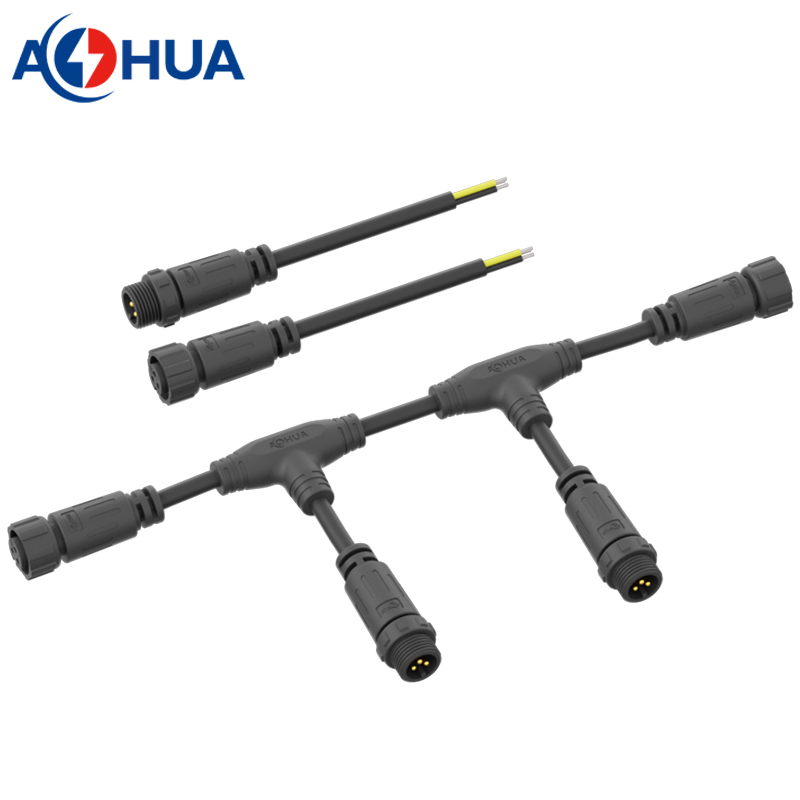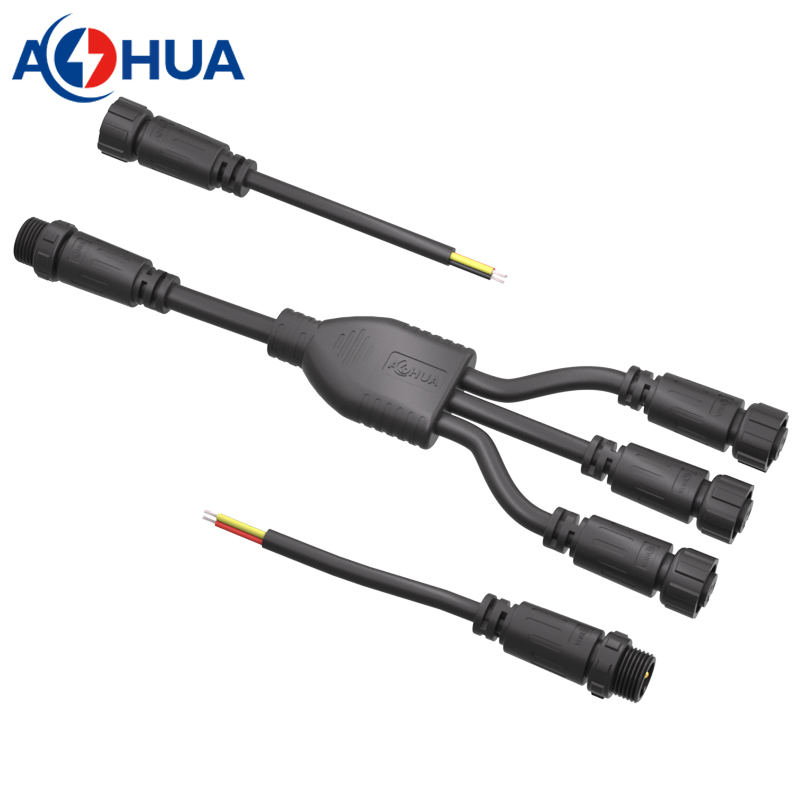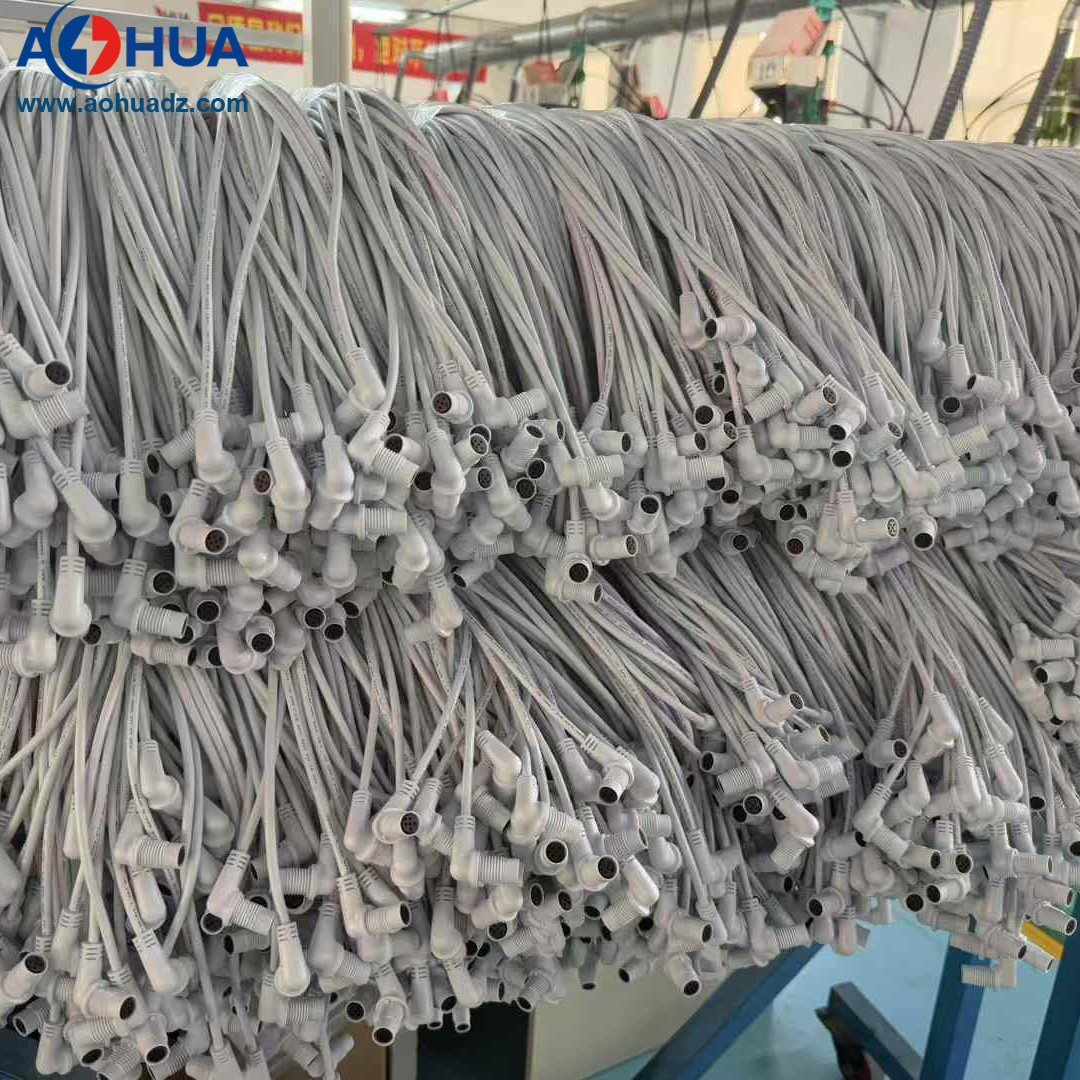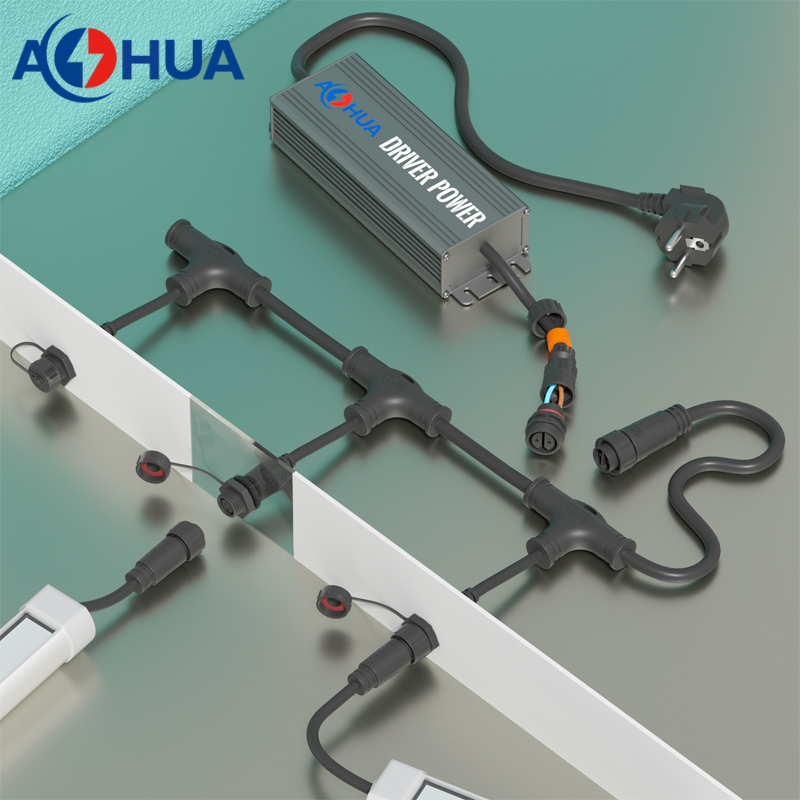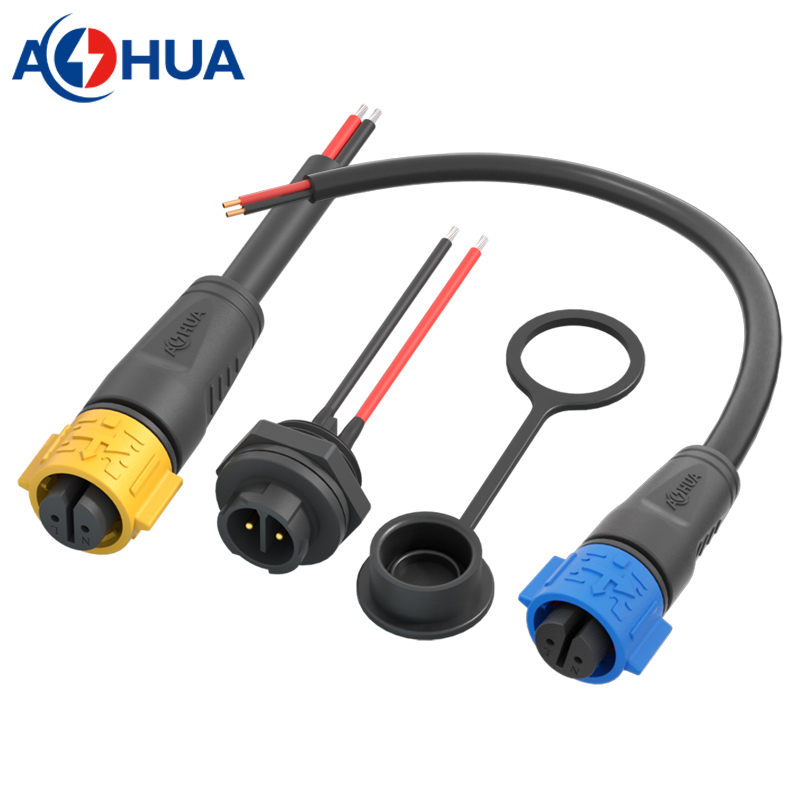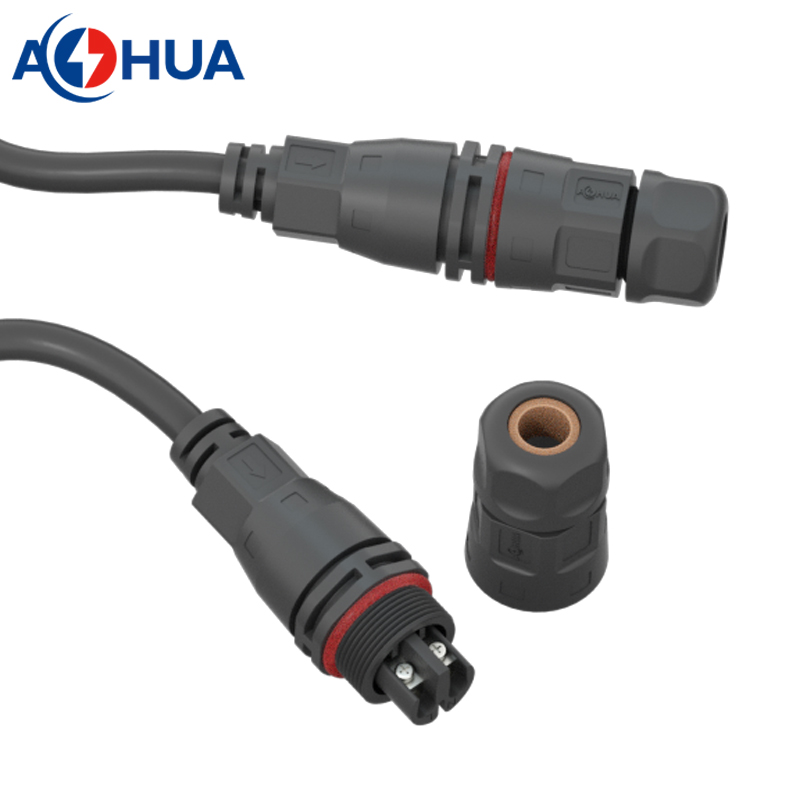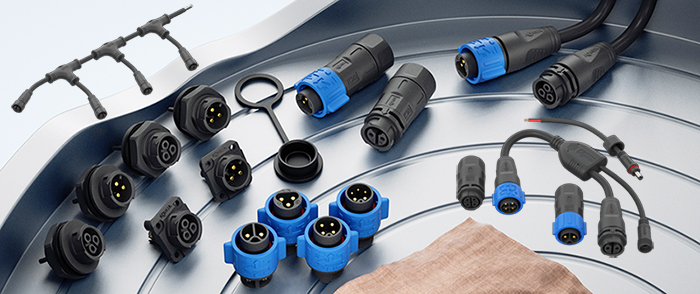A Comprehensive Guide to Electric Wire and Cable: UL2464 PVC, SJTW PVC, and VDE Rubber Cable
When it comes to electrical installations and wiring systems, the choice of wire and cable is crucial. Different applications require specific types of cables that offer the right balance of electrical conductivity, durability, and safety. In this article, we will explore three popular options: UL2464 PVC cable, SJTW PVC cable, and VDE rubber cable. Let’s delve deeper into each type and learn about their unique features and applications.
- UL2464 PVC Cable:
UL2464 PVC cable is a versatile and widely used option in various electrical and electronic applications. Here are its key features and applications:
Key Features:
- Conductors: UL2464 PVC cable typically consists of multiple stranded copper conductors, which ensure excellent conductivity and flexibility.
- Insulation: It is insulated with Polyvinyl Chloride (PVC), a durable and flame-resistant material known for its electrical insulation properties.
- Voltage Rating: UL2464 PVC cable is suitable for low voltage applications, typically rated at 300 volts.
- Temperature Range: It offers a wide operating temperature range, usually from -20°C to 80°C, making it suitable for both indoor and outdoor use.
- Applications: UL2464 PVC cable finds applications in computer peripherals, telecommunications equipment, control systems, audio/video equipment, and more.
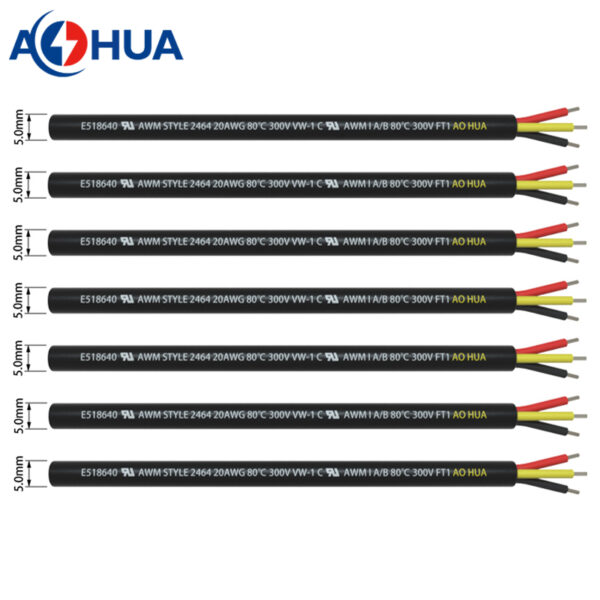
- SJTW PVC Cable:
SJTW PVC cable is designed specifically for outdoor use, providing excellent protection against harsh weather conditions. Let’s explore its key features and applications:
Key Features:
- Conductors: SJTW PVC cable consists of stranded copper conductors, offering good conductivity and flexibility.
- Insulation and Jacket: It features PVC insulation and jacket, providing resistance against moisture, sunlight, and abrasion.
- Voltage Rating: SJTW PVC cable is typically rated at 300 volts for general-purpose outdoor applications.
- Temperature Range: It can operate within a temperature range of -40°C to 60°C.
- Applications: SJTW PVC cable is commonly used for outdoor power tools, gardening equipment, portable generators, and other outdoor electrical devices.
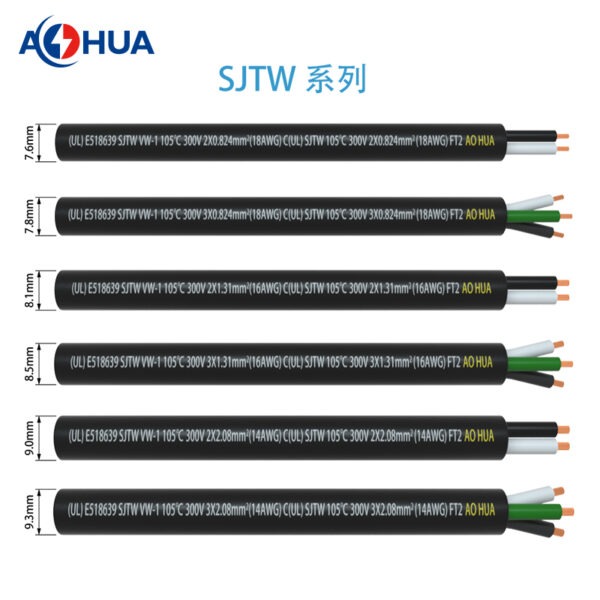
- VDE Rubber Cable:
VDE rubber cable is known for its flexibility, durability, and resistance to oils and chemicals. Let’s explore its key features and applications:
Key Features:
- Conductors: VDE rubber cable generally features fine copper strands for enhanced flexibility and conductivity.
- Insulation and Jacket: It is insulated with a special rubber compound, which offers superior resistance to environmental factors such as oil, chemicals, and sunlight.
- Voltage Rating: The voltage rating varies depending on the specific VDE rubber cable type, ranging from 300 to 750 volts.
- Temperature Range: VDE rubber cable can operate within a wide temperature range, typically from -40°C to 90°C.
- Applications: VDE rubber cable is commonly used in industrial machinery, construction sites, power generators, and automotive applications.
Choosing the right electric wire and cable is crucial for a safe and reliable electrical installation. UL2464 PVC cable, SJTW PVC cable, and VDE rubber cable are three popular options, each designed to meet specific application requirements. Whether you need a versatile cable for electronics, an outdoor cable for rugged conditions, or a durable cable for industrial applications, understanding the unique features of each type will allow you to make an informed decision.
Always ensure that the selected wire and cable meet the relevant safety standards and regulations to guarantee the safety and efficiency of your electrical.
